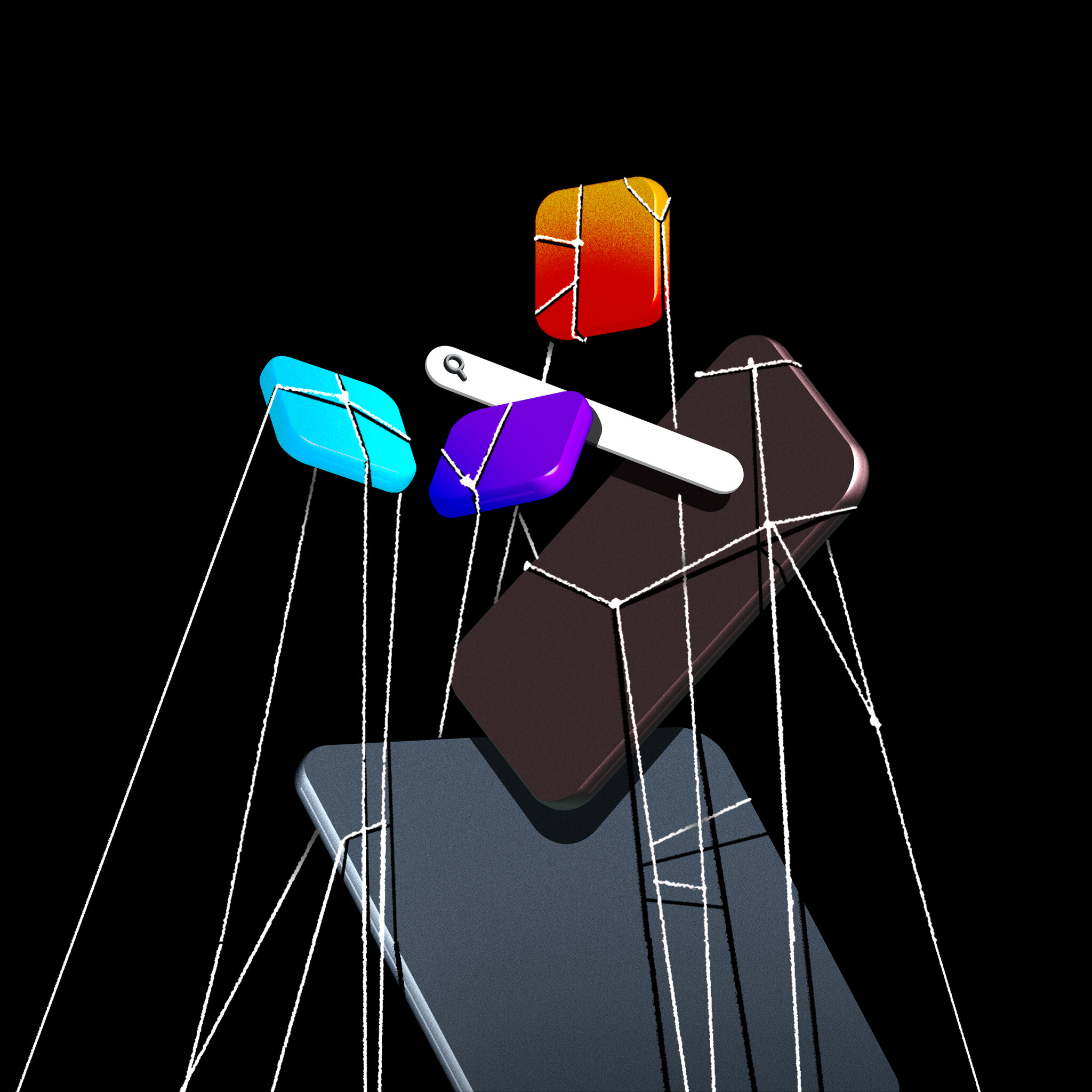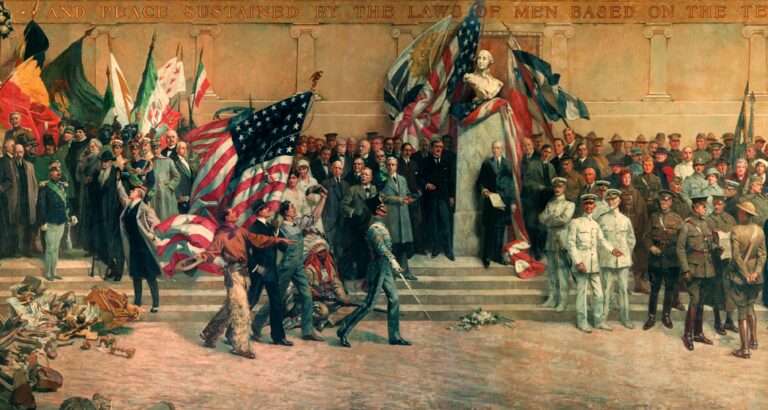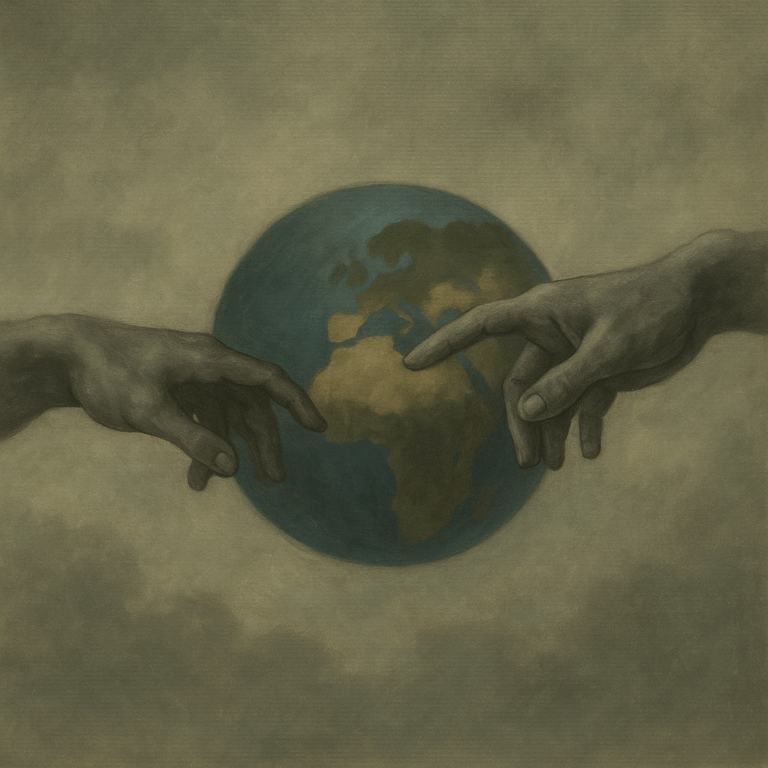The Industrial Revolution dismantled the aristocracy—gravitated the peasants to urban pockets, taking the citadel of the transformation as an example, the City of London, from having just 1.4 million people in 1815 to six and a half million the subsequent century. The economic modus operandi that contributed to all the varieties of “rises” in society was free-market capitalism—may it be an upsurge in wealth, health, technology, and livelihood as a whole.
Interestingly, aggregate global GDP was constant for the past two millennia, from just a meager rise of 555% from the start of the common era to the year 1820 ($214 billion to $1.4 trillion). The considerable impact of the changes in society upended the previous trend of measured growth to astronomical growth—a rise of 9,000% in well over two centuries, from $1.40 trillion during the year 1815 to $140 trillion in 2022. While the aristocrats were bid adieu, the shift in global trade filled the power vacuum with “capitalists”—your lineage mattered less compared to your intellectual prowess (notion can be debated).
Each stage of the drastic successive technological innovation that intertwined with “capitalism” brought a new class—that wielded immense power amongst the power brokers. May it be the factory owners and entrepreneurs from the late 18th to early 19th century, the corporate and industrial tycoons during the so-called “Second Industrial Revolution” from the late 19th century to early 20th century, bankers and financiers before the great war, technocrats post-war, and as of late tech oligarchs and data barons, or even the potential new class of artificial intelligence moguls.
The former did not exert as much control and access to our lives as the latter does. The new breed—”new class”—has just in a matter of three decades transmogrified us to both as their consumers and products. With access to our behavior, preferences, interactions, and even our emotions being analyzed by the minute in data centers across the ocean.
From the feudalism of the old days to the modern “Digital Feudalism”.
Technological innovation is imperative for the survival and betterment of mankind. Conversely, its malpractices can infer uproot the deep rotted malice in humans—greed, control, exploitation, and even violence—all of these factors coming into play at this juncture of time; at a level never seen before, an extremist view is not more confined to the four walls, except now it is amplified and uttered towards all netizens.
The prevailing phenomenon can be stifled only by the few—the policymakers and/or the tech leaders. The US Congress has been unable to legislate a prudent regulatory bill due to intense lobbying by the latter. The ignorance and incompetence of both has led to societal divide and decay at a rapid level—high degree of political and ideological polarization; social platforms giving a place for individuals to just adjust to their particular thought silos—with tribalism and extremism at their most extreme. The curation of the term “post-truth,” with no clear aptitude to comprehend and distinguish between right or wrong, or fake or real, with numerous conspiracies, prejudice, and a basic loss of the moral compass. While animosity and angst are perpetuated against strangers, neighbors, friends, and family—the tech leaders amass large sums of wealth without any oversight over their destructive inventions, with at times they themselves being the propagators of the nastiest of mankind.
It is time for actual prudent policy implementation and enforcement pertaining to curbing the role and control of these tech moguls. It may be well-past time when the implantation of an even more untested technology—generative artificial intelligence—causes havoc to the already fragmented social order, and “social cohesion” would be an idea of the past.





